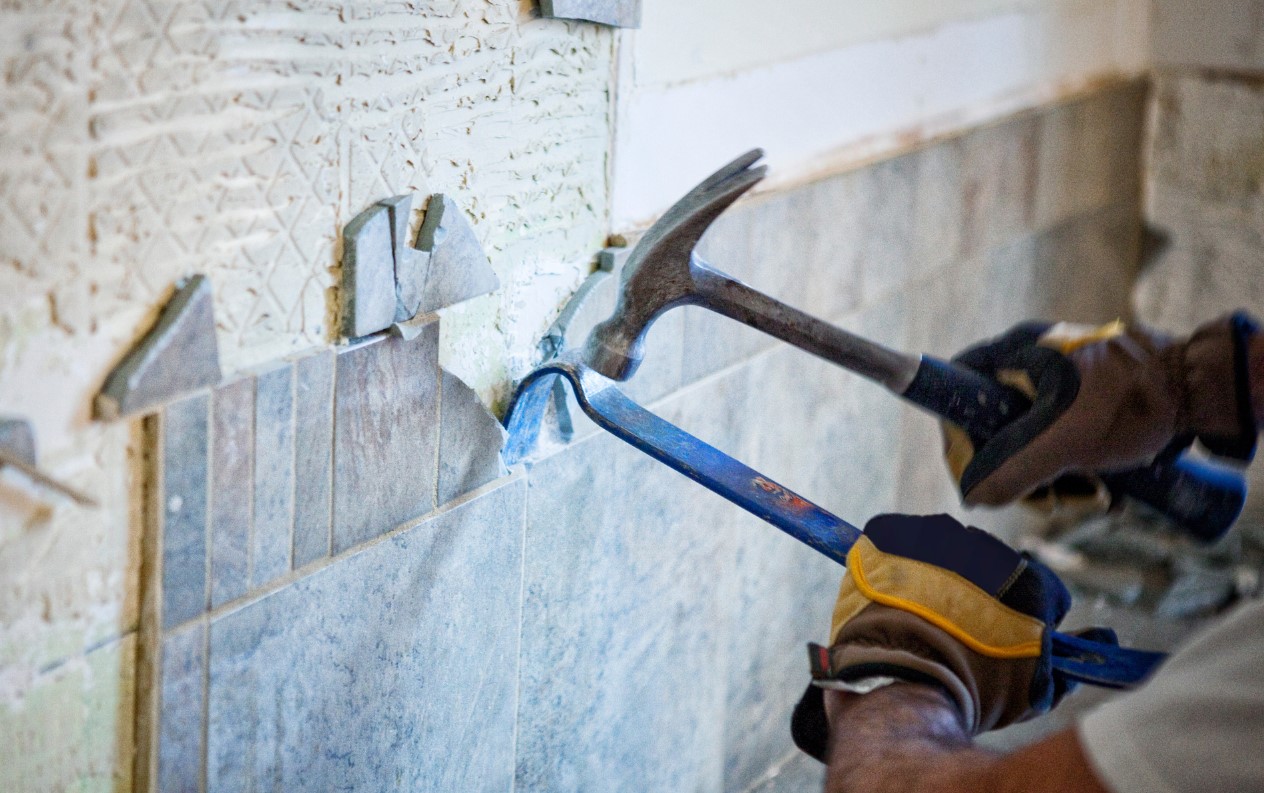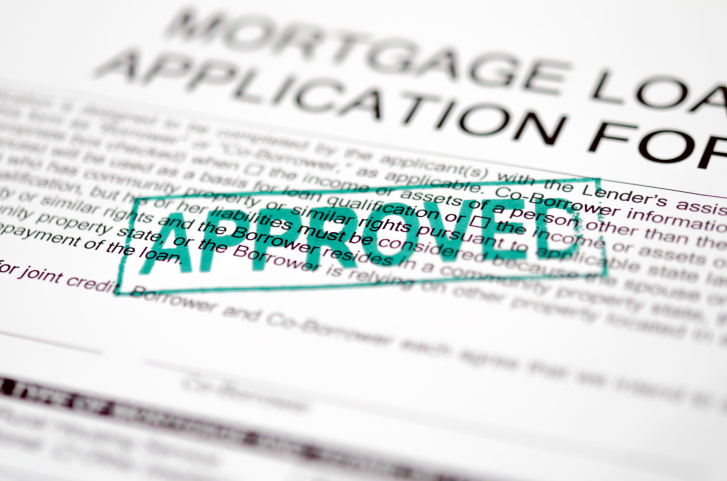Consider A Home Renovation Loan To Navigate A Challenging Housing Market
 Today, there are many people who are having a difficult time purchasing a house. Even though interest rates have gone up, sales are still happening quickly. Therefore, it can be difficult for people to qualify for a mortgage, purchase a house, and get to the closing table before the property is sold. One potential way to get around the hot housing market is to consider a home renovation mortgage. How can a home renovation mortgage help you?
Today, there are many people who are having a difficult time purchasing a house. Even though interest rates have gone up, sales are still happening quickly. Therefore, it can be difficult for people to qualify for a mortgage, purchase a house, and get to the closing table before the property is sold. One potential way to get around the hot housing market is to consider a home renovation mortgage. How can a home renovation mortgage help you?
A Renovation Loan Can Help People Buy A Less Desirable Home
If you want to close on a home, you might be interested in a house that is not as desirable as some of the others. That way, you don’t have to worry about a bidding war. A renovation loan can help you purchase a less desirable home. If you are interested in buying a home that requires some repairs, but you do not have a lot of cash available for repairs, a renovation mortgage is a special loan that gives you the money you need to repair the house.
How Does A Renovation Loan Work?
Typically, the amount of money you can borrow for a renovation loan will depend on the value of the home after the renovations are completed. Therefore, the appraisal process is a bit different. This is the only type of mortgage that will give a homeowner credit for the future value of the property. Therefore, you can borrow more than you would be able to with a traditional mortgage. You can use the extra cash to perform repairs, which can increase the value of the home.
How Many Renovation Loans Are There?
Just as there are different types of conventional loans, there are different types of renovation loans as well. Each has a different set of requirements, but all of them require you to use the extra money to repair the home. Furthermore, all the work you do on the house has to add to the value of the property. If you have questions about how you can use the money that comes with a renovation loan, you should reach out to a professional who can help you.

 When you are in the process of buying a home, it can be intimidating to take a look at so many factors. A home has a big price tag, and you need to make sure that you budget accordingly. Fortunately, this is not a process that you have to go through on your own. There are several items that all experts will say that you have to consider as you budget for your next home purchase.
When you are in the process of buying a home, it can be intimidating to take a look at so many factors. A home has a big price tag, and you need to make sure that you budget accordingly. Fortunately, this is not a process that you have to go through on your own. There are several items that all experts will say that you have to consider as you budget for your next home purchase. If you want to buy a home in the near future, you are probably aware of just how competitive the housing market is. You need to put yourself in the best position possible to be successful by getting pre-approved for a home loan. This is a very important step, particularly when you compete against people making cash offers. Learn more about the importance of getting pre-approved below, and make sure your offer is taken seriously.
If you want to buy a home in the near future, you are probably aware of just how competitive the housing market is. You need to put yourself in the best position possible to be successful by getting pre-approved for a home loan. This is a very important step, particularly when you compete against people making cash offers. Learn more about the importance of getting pre-approved below, and make sure your offer is taken seriously.